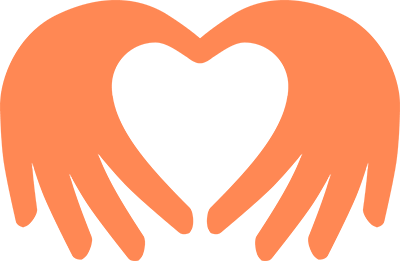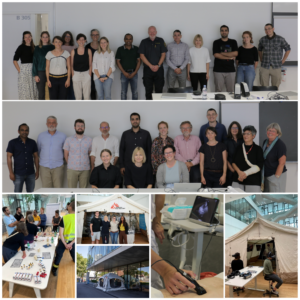Summer School on refugee & migrant health
Scope
When & Where: 16th September – 19th September 2024 – Bern, Switzerland
Participants:
All healthcare professionals (doctors, nurses, public health specialists, humanitarian aid workers, …), as well as students at the end of their master’s degree / PhD, who are already working with refugees / migrants or who intend to do so in the near future. We welcome participants from Switzerland and all over the world.
This course is ideal for healthcare providers and students seeking to improve their knowledge and skills of dermatology and sexually transmitted infections in displaced populations.
Summary:
Given the ongoing migration around the world, it is not surprising that we are increasingly treating patients with a direct or indirect migration background in medical practice as well. This poses special challenges for the health professionals involved.
The Summer School on Refugee and Migrant Health offers a unique opportunity to impart specialist and background knowledge in the field of migration and refugee healthcare and to prepare health professionals for the challenges and special features in the treatment of patients with a migration background. Moreover, we encourage networking and multidisciplinary exchange between peers and experts, in order to bring people together and thus to create synergies and bundle resources. Participants will learn firsthand through lectures and exchange with national and international experts within the field of refugee and migrant healthcare. Additionally, innovative learning scenarios support the transfer of knowledge from theory to practice in the field of clinical work and the management of public health projects. Through challenge-based learning, participants will be able to acquire and use their own skills to face some of the most pressing problems and to find potential solutions by formulating specific action / project plans to overcome challenges in the provision of healthcare to refugees and migrants.
Course outlet:
1st week (clinical focus) – 2024:
This three day course will take place in close collaboration with the International Foundation for will deliver a thorough on managing skin and sexual health related illnesses in migrants and displaced populations. Our program blends didactic teaching with interactive small group work and case studies, emphasizing on adopting clinical syndromic approach to the differential diagnosis of skin conditions in different skin tones. We will focus on the most common skin conditions both infectious and non-infectious, and conditions pertaining the genital areas including sexually transmitted infections. We will further explore topics such as cultural competency, gender diversity and intersectionality.
Participants will gain critical insights into pros and cons of tele dermatology platforms and artificial intelligence through the presentation and in-depth discussion of public health interventions using digital technologies in support of migrant and refugee skin health.
2nd week (public health (research) project planning) – Spring 2025:
The second week of the Summer School will take place separately as a “Spring School” and focuses on the planning & implementation of public health projects (participatory approach and community engagement) and the response to humanitarian crisis within refugee and migrant healthcare. The theme will be “Mental and Social Health and inclusion in migration and refugee health”. It will take place approx. in April 2025 in Turkey. More details upon this course will follow in September.
Swiss Symposium on Refugee and Migrant Health:
All participants of the Summer-School can participate in the Symposium and Workshops.
Innovative Design and Activities:
– Interdisciplinary setting & networking with peers & experts from Switzerland & globally
– Clinical exchange: Participants will have the opportunity to present their case studies and discuss these with expert trainers and peers
– Innovative, interactive learning scenarios:
-> case studies & exercises
-> Insight into different medical care models in refugee shelters in Switzerland, Greece, Lebanon and Cox’s Bazar
-> lectures by national and international experts
– Participation in workshops and program of the Swiss Refugee and Migrant Health Symposium
Overarching learning goals:
- Improve your knowledge and understanding of the most common dermatological conditions and their management in migrants and displaced populations
- Gain competencies in differentiating key features between the most common skin conditions and identify skin-related neglected tropical diseases (NTDs) for referral to specialized services
- Develop a comprehensive understanding of how social determinants impact the skin and sexual health of migrant populations
- Acquire knowledge regarding the effects of sexual and gender-based violence and torture on the health outcomes of migrants
- Explore various innovative technological tools designed to optimize access to dermatological care within refugee shelters and camps
- Develop practical skills of when to refer for specialist dermatological care
Learning Outcomes:
After the course you will be able to:
- recognize and manage common skin conditions, both infectious and non-infectious, in different skin tones
- identify skin related NTDs and refer to a specialized service.
- suspect skin sign of torture and refer to a specialized service.
- identify victims of SGBV, offer support and referral to a specialized service.
- apply the concept of transcultural competence
- carry on a sexual health consultation in a culturally sensitive context.
- discuss gender identity.
- counsel about risk reduction, safer sex and testing for HIV and sexually transmitted infections
Program
Responsible for the concept and program of the summer school: Dr. Anne Jachmann & Dr. Valeska Padovese
Program may be subject to change (current version will always be displayed here):
You can find the detailed plan here.
1st week: Friday – 16th September – 19th of September (09:00 – 17:00)
Monday – Thursday mornings: Training & Lectures
Monday – Thursday afternoons: Exercises & Lectures
Thursday – Swiss Symposium on refugee & migrant health
Speakers (list is subject to change):
– Prof. Aristomenis Exadaktylos, Emergency Department, University Hospital Bern (Inselspital)
– Dr. Valeska Padovese, Dermatology and Venereology Consultant, Genitourinary Clinic, Department of Dermatology and Venereology, Malta; Special Advisor on Migrants’ health, STIs and HIV in vulnerable populations for IFD-ILDS, Co-founder @Bridges2Health&Rights
– Issotta Rossoni, Criminologist specialised in SGBV in migration and displacement, Independent Consultant, Trainer, Researcher, Co-founder @Bridges2Health&Rights
– Dr. Claire Fuller, Dermatology Consultant at Chelsea and Westminster Hospital, Chair of the International Foundation for Dermatology and Board Member of the International League of Dermatological Societies
– Sidra Khan, Dermatology Consultant, National Health Service (Manchester Teaching Hospitals NHS Foundation Trust) and Lead for the British Association of Dermatologist‘ s Global Health Dermatology Working Group Party
– Marc Gallego Garcia, Project Officer, Health and Migration Programme, Country
Support and Partnerships, WHO Regional Office for Europe
– Rainer Tan, Head of the Medical Migrant Health Unit, Department of Vulnerable and Social Medicine, Unisanté | Centre universitaire de médecine générale et santé publique
– Dr. Juan Ortiz, Dermatology Consultant, Hospital Universitario Virgen del Rocío (Sevilla, Servicio Andaluz de Salud)
– Dr. José Antonio Ruiz-Postigo, Medical Officer and Artificial Intelligence (AI) Lead, Department of Control of Neglected Tropical Diseases, World Health Organization
– Dr. Igor Toskin, Chief Investigator, Department of Reproductive Health and Research, World Health Organization
– Dr. Agis Tercidis, National and Kapodistrian University of Athens
– Dr. Karsten Klingberg, Emergency Department, University Hospital Bern (Inselspital)
– Dr. Sofia Labbouz, National Health Service (Sheffield Teaching Hospitals NHS FoundationTrust)
Registration
Apply now if you are not to miss this great opportunity.
You will be notified as soon as possible if your application has been successful. Your registration is completed and valid only once full payment has been received.
Price:
Regular Fee:
– CHF 475 1st week (3 days + Symposium) in person
– CHF 250 1st week (3 days) online
– CHF 150 per day in person / CHF 90 per day online
Included in the price:
Fee for course (summer school, workshops, Symposium) and course material, lunches (sandwich) & coffee breaks. The price does not include travel costs, accommodation or insurance.
Cancellation Policy:
For participants who have applied and been accepted to the course, but who subsequently withdraw:
Cancellations up until 15th of August 2024: We will refund the fee paid minus CHF 100 to cover administration and banking fees.
For cancellations after 15th of August 2024, there will be no refund.
Selection Criteria:
The number of participants is limited to 30. We aim to have a lively, international and interdisciplinary group of participants with a balanced number of different professions. Since this is an interactive program, we encourage people to participate in the Summer School who enjoy to engage with peers and experts.
Scholarship:
General information
Who may apply?
All healthcare professionals (doctors, nurses, public health specialists, humanitarian aid workers, …), as well as students at the end of their master’s degree / PhD, who are already working with refugees / migrants or who intend to do so in the near future. We welcome participants from Switzerland and all over the world.
This course is ideal for healthcare providers and students seeking to improve their knowledge and skills of dermatology and sexually transmitted infections in displaced populations.
Level of English:
Given the interactive design of the course, an adequate level of English is expected. We do not require an English language certificate, but every participant should be able to follow the lectures, read scientific articles in English, to actively participate in the group work and discussions and to give a presentation.
ECTS and Continuing Education Credits:
By participating in the summer school, you can receive the following continuing education credits & ECTS (amount for the complete 1st week, correspondingly lower share for fewer days):
SGNOR (Swiss Professional Society for Emergency and Rescue Medicine): Credits
SSAPM (Swiss Society for Anaesthesiology and Perioperative Medicine): Credits
SGC (Swiss Professional Society for Surgery): Credits
ECTS (University of Bern): 2
Acknowledgement of the ECTS points in the study programs at home institutions other than the University of Bern is the responsibility of the participants.
Accommodation:
There are several B&B, hostels, student accommodation and hotels near the Summer School venues. Upon request, we can assist in booking an accommodation.
Social/ Leisure time activities:
There are plenty of activities to do in Bern and its surroundings, including swimming in the Aare river, taking a hike in the alps or exploring Bern’s old city centre.
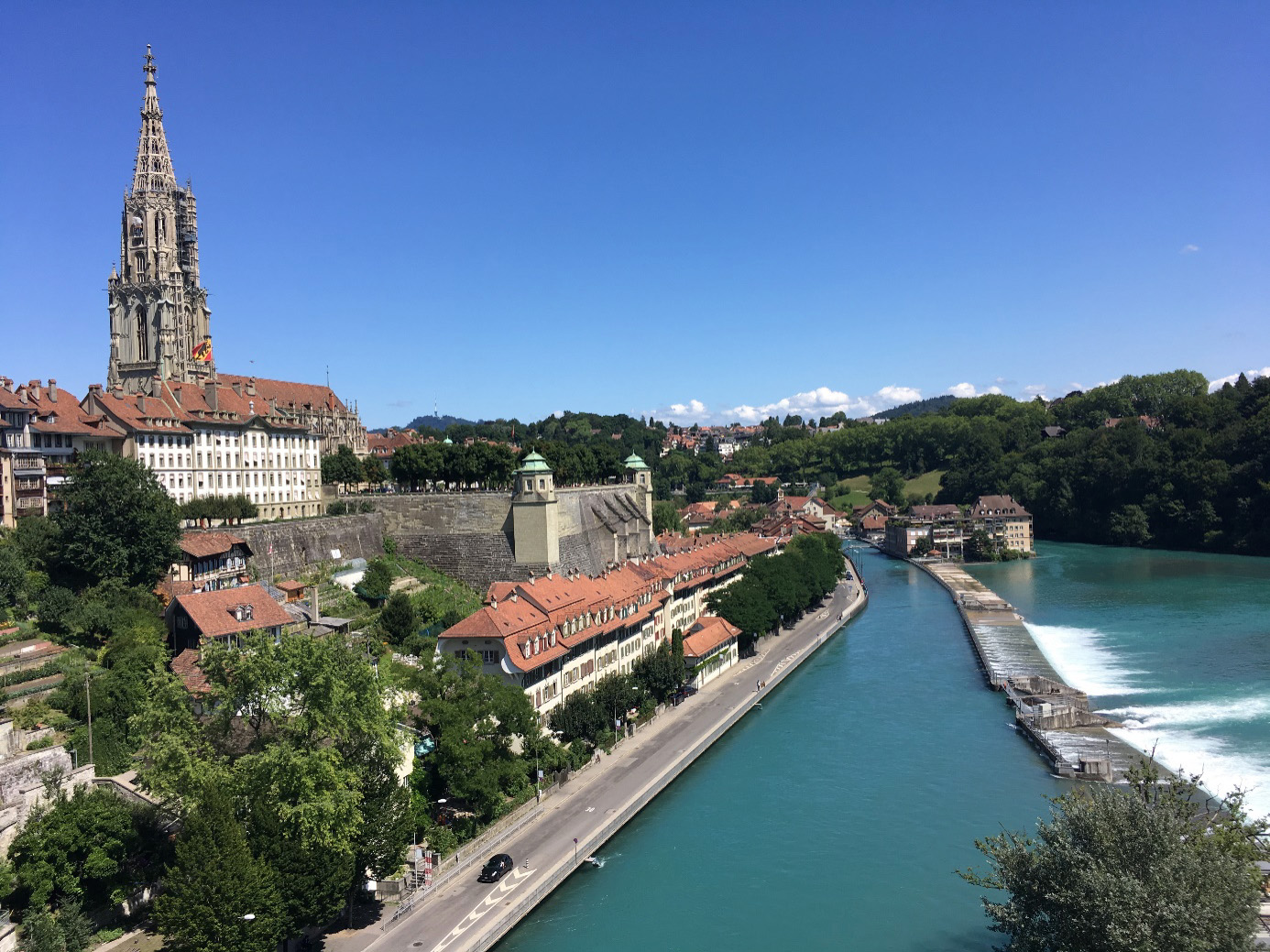
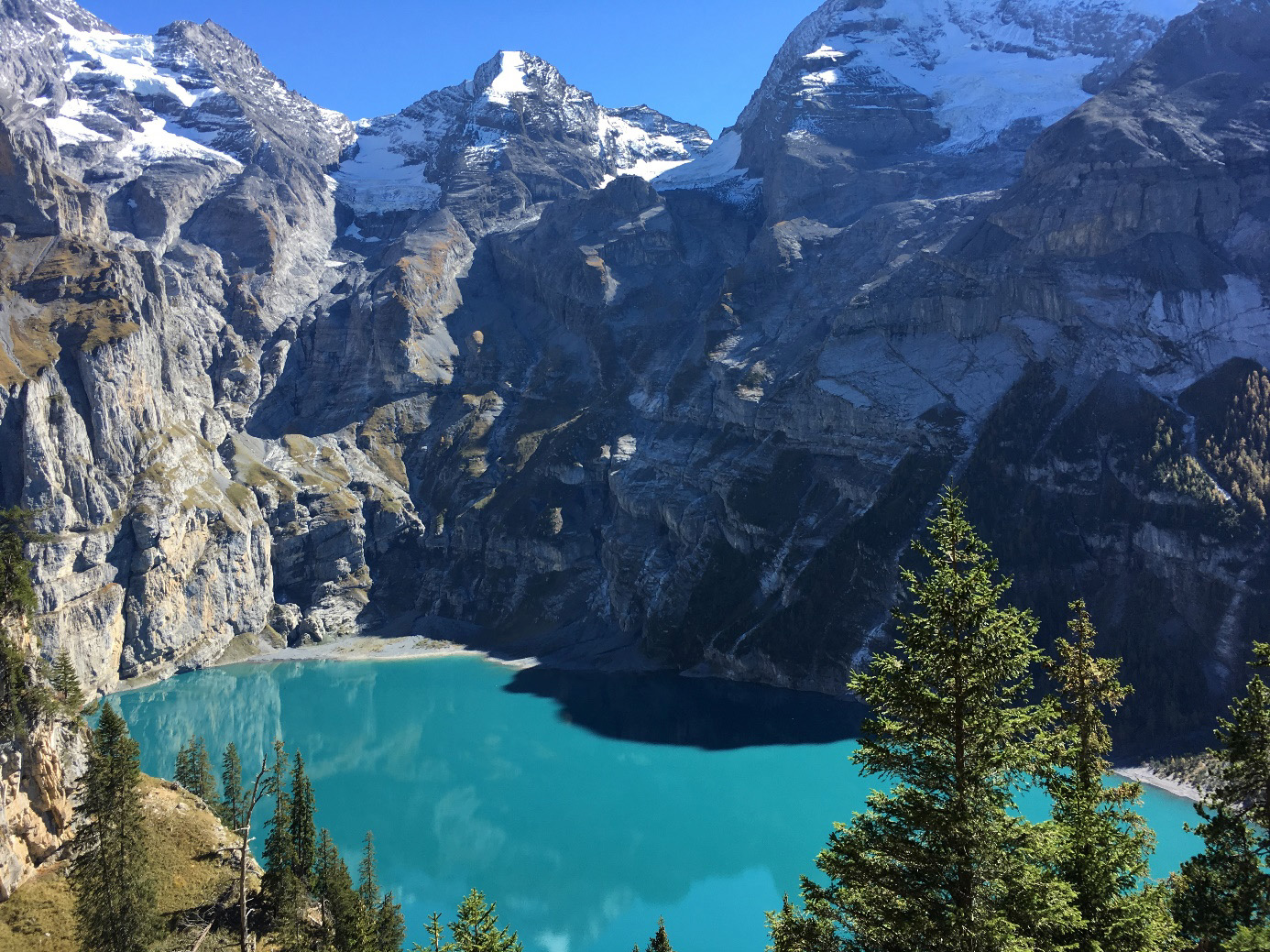
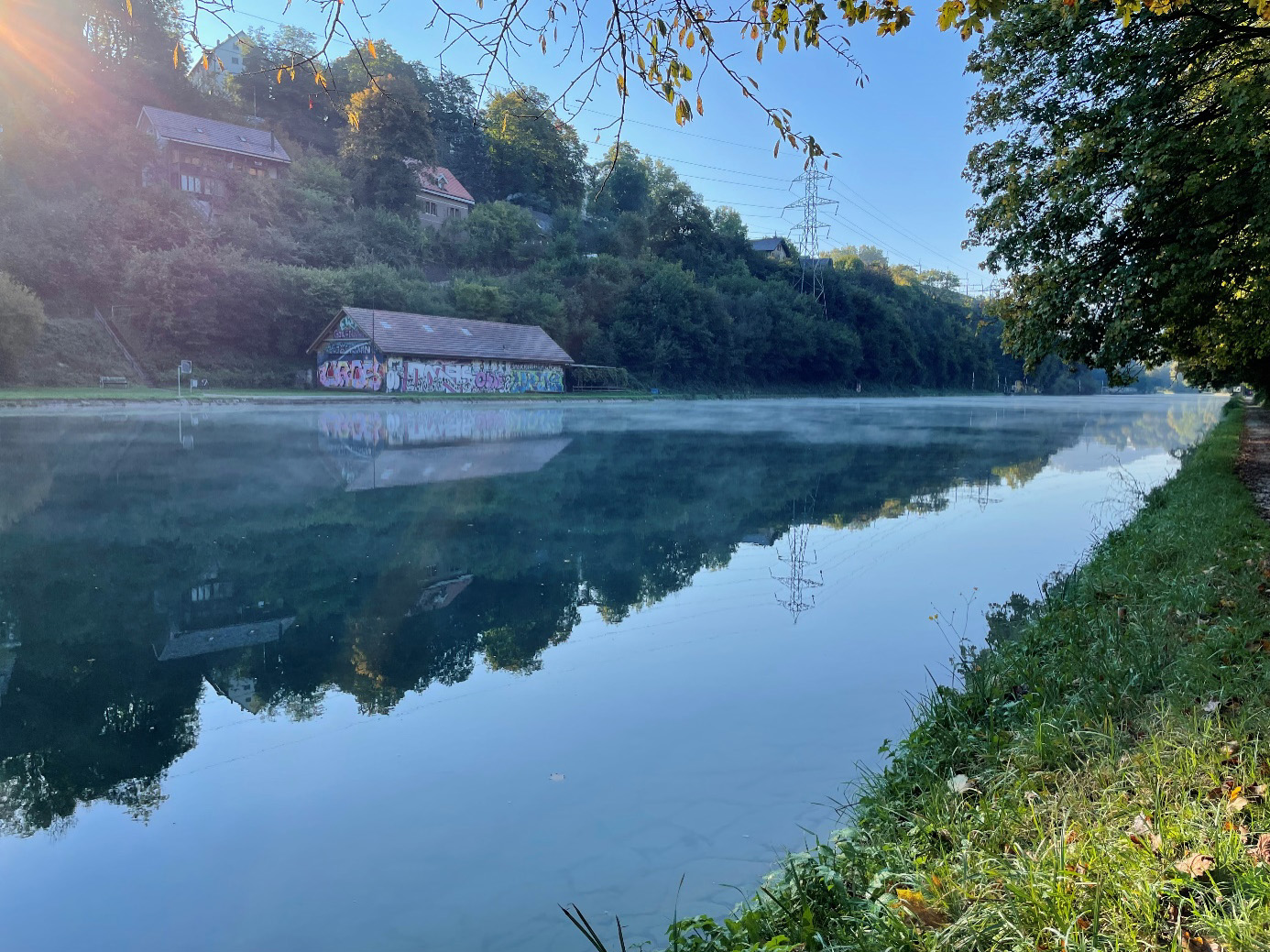
Arrival:
Bern is easily accessible by bus or train and has its own airport. Furthermore, there are direct trains from Basel central train station (15min by bus from Basel Airport) or Zurich and Geneva Airport to Bern’s central train station.
Insurance:
Please make sure you have a valid health and accident insurance which will cover your stay in Switzerland.
Visa:
Participants are responsible for checking whether they need a visa for Switzerland.
Public Transportation in Bern:
You can easily get around the city by foot or rent a bicycle. There are also buses and tram, which connect the whole city. Please explore options: https://www.bern.com/en/detail/public-transport
For questions on the content or organisation of the summer school intensive course please contact: info@migration-health.com
